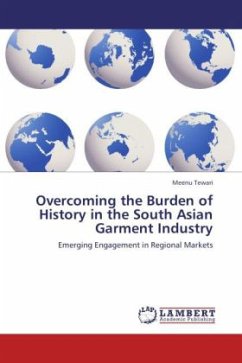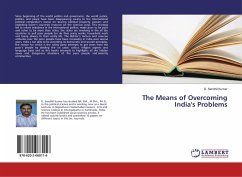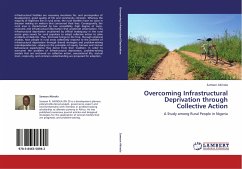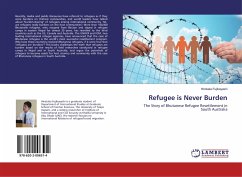In an era of growing regionalization South Asia remains one of the least integrated regions in the world. The region s complicated political economy, its divided history and a maze of institutional and economic barriers are commonly blamed for the lack of a vibrant regional market in South Asia. A fraught history, however, need not be destiny. This short book explores the possibilities of deepening intraregional trade and investment in South Asia. Drawing on field work carried out in the region s textile and garment industry, it examines the conditions under which feuding and mistrustful members can work as partners despite past grievances. The book finds evidence of the emergence of new intermediaries in the region, including a generation of younger entrepreneurs, with a more global worldview that seems to transcend the region s divided history and is enabling more embedded trade ties. These new actors along with the growing size of the domestic market can serve as anchors for deeper regional engagement in the future. It is hoped that the evidence provided by this book can nudge the conversation about regional cooperation in South Asia in new directions.








